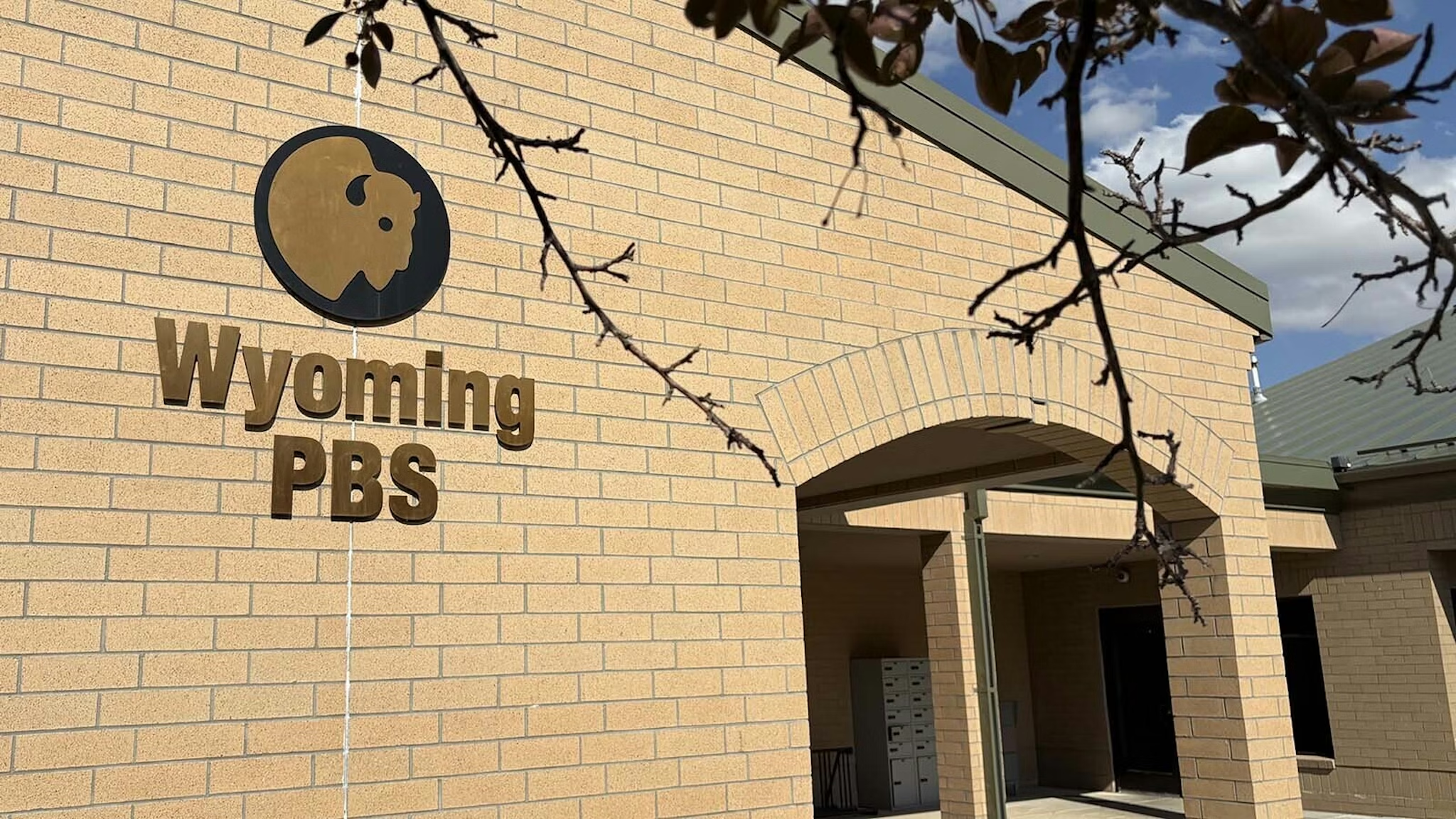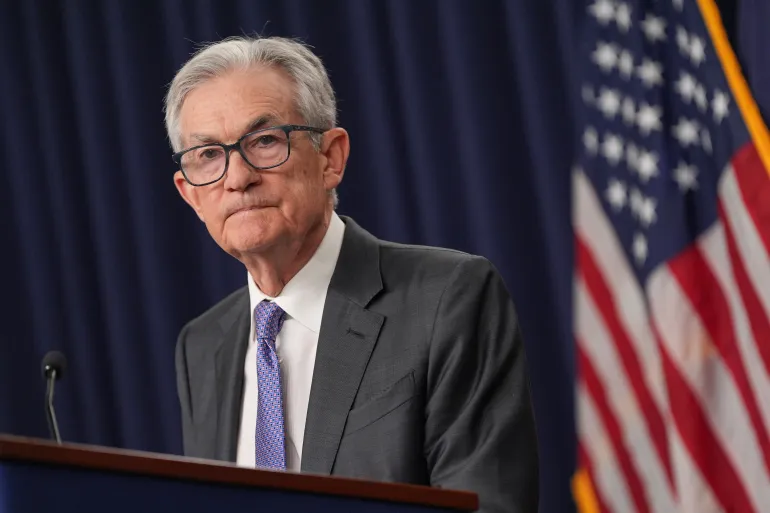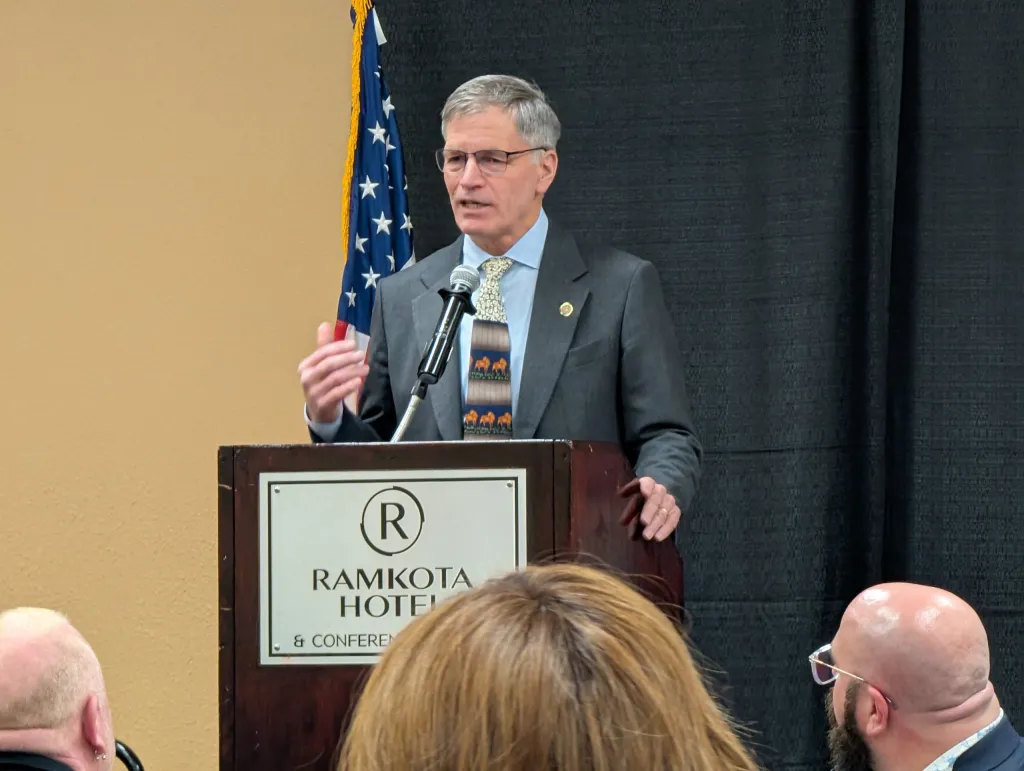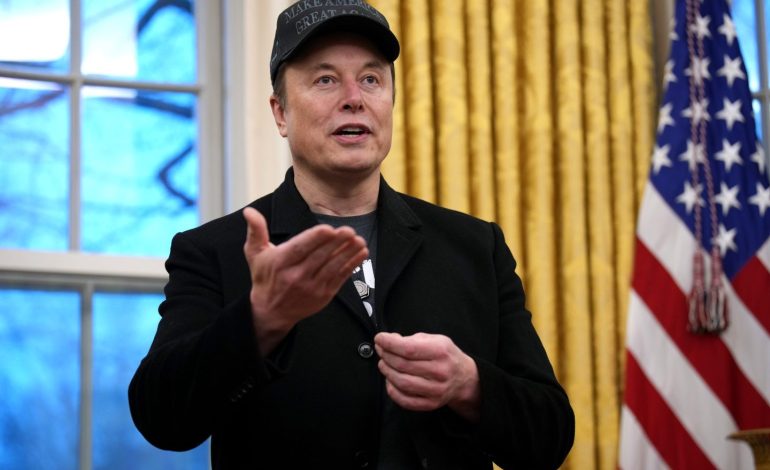Silicon Valley’s tech landscape is witnessing a high-profile dispute between two of its most prominent figures—Elon Musk and Sam Altman—over the future of OpenAI, the company behind ChatGPT.
What started as a partnership between the two has turned into a legal and public battle, with Musk challenging OpenAI’s shift toward a for-profit model and Altman defending the company’s evolving direction.
Musk, CEO of Tesla and SpaceX, was a co-founder of OpenAI in 2015 alongside Altman and others. The organization was initially structured as a nonprofit, aiming to develop artificial intelligence for the benefit of humanity. However, as OpenAI grew and its ambitions expanded, the company transitioned to a hybrid nonprofit-for-profit model in 2019, securing billions in funding—including a $10 billion investment from Microsoft.
Musk, who left OpenAI in 2018, has since criticized this shift, arguing that OpenAI has strayed from its original mission. He has taken multiple legal actions against the company, alleging that it has become a de facto subsidiary of Microsoft and that Altman has prioritized financial gain over OpenAI’s founding principles.
This week, Musk raised the stakes by offering to buy OpenAI for $97.4 billion in an attempt to revert it back to a nonprofit. However, Altman and OpenAI swiftly rejected the offer. Musk later stated he would withdraw his bid if OpenAI abandoned its plans to fully transition to a for-profit entity.
OpenAI and Altman argue that the transition to a public benefit corporation is necessary to attract the funding required to develop advanced AI. They maintain that the hybrid structure still allows the company to prioritize ethical AI development while ensuring financial sustainability.
Altman has also dismissed Musk’s claims, suggesting that his legal actions and public criticism stem from personal and competitive motivations rather than genuine concern for AI’s future. In a recent interview, Altman said of Musk:
“Probably his whole life is from a position of insecurity. I feel for the guy.”
In response, Musk has accused Altman of deception, referring to OpenAI’s restructuring as a “long con” designed to enrich its executives. He has also argued that the company’s relationship with Microsoft raises monopoly concerns, an issue also being investigated by US and European regulators.
The battle between Musk and Altman isn’t just a personal rivalry—it has significant implications for the future of AI development. OpenAI’s restructuring could shape how AI companies balance innovation, ethics, and profitability.
Meanwhile, Musk has been developing his own AI company, xAI, which competes with OpenAI. Some industry observers believe his legal challenges and public criticisms could be part of a broader strategy to slow down OpenAI and position xAI as a leading alternative.
Al Jazeera and Fortune contributed to this report.










The latest news in your social feeds
Subscribe to our social media platforms to stay tuned